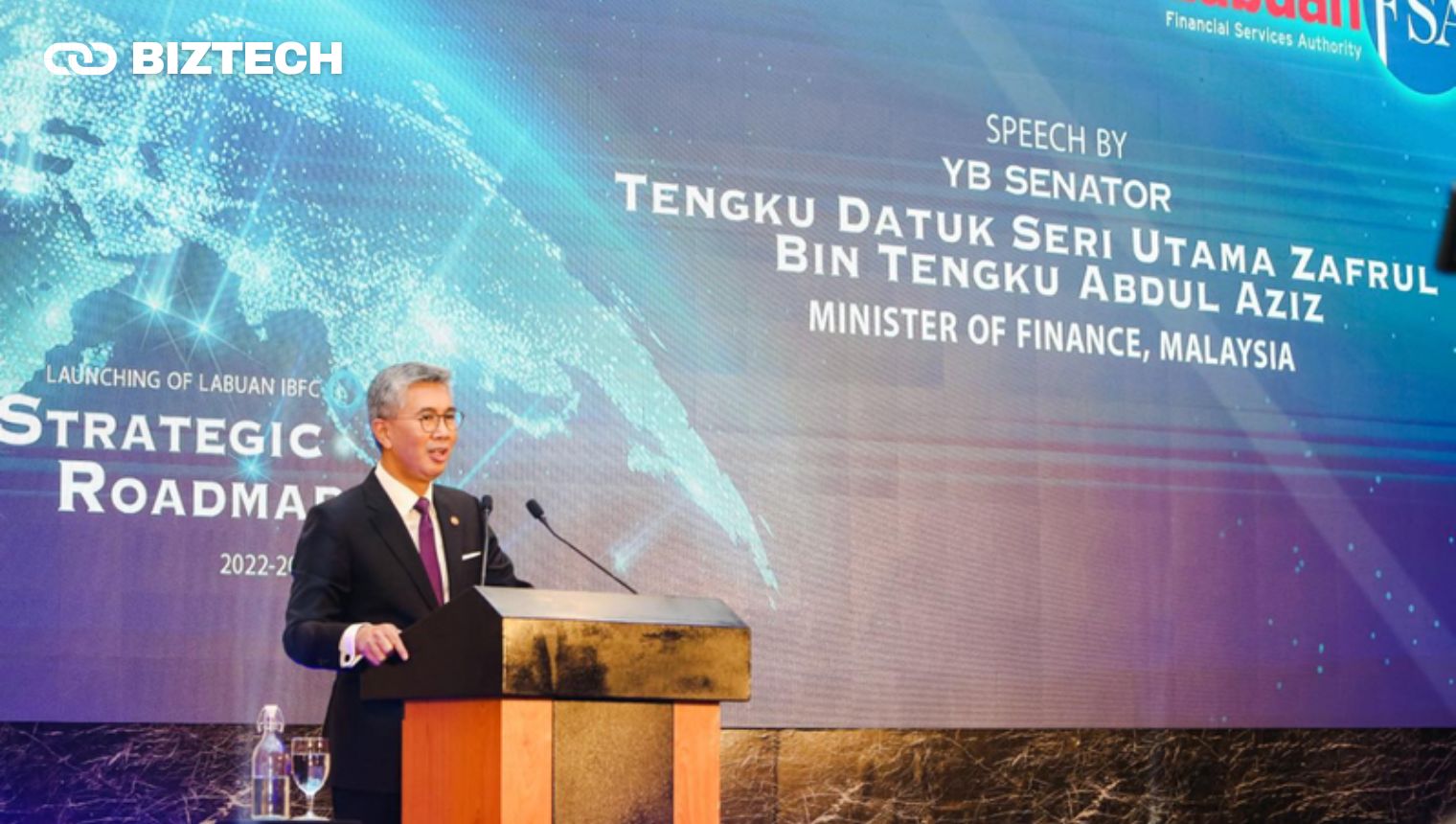Stay connected with BizTech Community—follow us on Instagram and Facebook for the latest news and reviews delivered straight to you.
Labuan International Business and Financial Centre (IBFC), Malaysia’s offshore financial hub, has introduced new guidelines aimed at promoting the issuance of Green, Social, and Sustainability sukuks. This strategic move supports Malaysia’s ambition to lead the way in sustainable and responsible investment (SRI) and strengthen its globally recognized Islamic finance sector. The new guidelines signal Labuan IBFC’s commitment to positioning itself as a hub for sustainable finance, aligning with global trends in green investment.
Key Objectives of the New Guidelines
The recently announced guidelines are intended to provide clarity and a standardized framework for companies and investors looking to issue Sukuk, or Islamic bonds, designated explicitly as green, social, or sustainable. The main objectives include:
- Encouraging the growth of SRI instruments.
- Promoting transparency in the use of proceeds.
- Fostering investor confidence in these products.
The guidelines ensure that issuers adhere to clear criteria for classifying Sukuk under the Green, Social, and Sustainability (GSS) categories, ensuring that funds raised are used for projects aligned with environmental, social, and governance (ESG) goals.
Green Sukuk issuance aims to finance projects that contribute to environmental sustainability, such as renewable energy, energy efficiency, waste management, and sustainable land use. On the other hand, Social Sukuk will focus on funding initiatives that address social challenges such as affordable housing, education, healthcare, and poverty reduction. Sustainability Sukuk combines green and social elements, financing projects supporting environmental and social objectives.
Malaysia’s Leadership in Islamic Finance and Green Investment
Malaysia has long been a global leader in Islamic finance, and introducing these new guidelines underscores its commitment to remaining at the forefront of this rapidly evolving industry. The country was the first to issue a sovereign Green Sukuk in 2017, a landmark issuance that set a precedent for other countries and institutions. Since then, Malaysia has consistently worked to enhance its regulatory framework and promote SRI initiatives.
Labuan IBFC’s release of the new guidelines is another step in advancing Malaysia’s position as a leader in Islamic and sustainable finance. Islamic finance naturally aligns with the principles of responsible and ethical investing, making Malaysia well-positioned to lead the global market in developing SRI-focused Islamic financial products.
The new guidelines are expected to encourage more local and international issuers to tap into the growing demand for green and sustainable financial products. Labuan IBFC’s efforts align with the Malaysian government’s broader objectives to promote sustainable development and reduce the nation’s carbon footprint as part of its commitment to the United Nations Sustainable Development Goals (SDGs) and the Paris Agreement on climate change.
Global Demand for Green and Sustainable Finance
The global demand for green and sustainable finance has grown rapidly over the past decade, driven by increasing awareness of climate change and the need for responsible investment. In 2023, the global issuance of green bonds reached a record high of USD 500 billion, and this trend is expected to continue as more governments and corporations commit to reducing their environmental impact.
Green Sukuk has gained traction in Islamic finance as a vehicle for financing sustainable projects, offering investors a Sharia-compliant option to invest in environmentally friendly initiatives. The growing interest in ESG and SRI products is particularly relevant in Asia, where countries like Malaysia and Indonesia have been at the forefront of developing Islamic financial instruments that align with global sustainability goals.
With the new guidelines, Labuan IBFC aims to tap into this growing market and attract more global investors looking for Sharia-compliant, sustainable investment opportunities. The framework will also help to standardize the issuance process, making it easier for companies to raise funds through Sukuk while ensuring that the proceeds are used for legitimate green or social projects.
Promoting Transparency and Investor Confidence
One key challenge in the sustainable finance market is ensuring transparency in how funds are used. Investors are increasingly looking for assurance that the money they invest in green or social bonds is being used for its intended purpose. Labuan IBFC’s guidelines address this concern by requiring issuers to specify how the proceeds will be allocated and report on the progress of funded projects.
The guidelines also recommend using third-party certification or verification to provide additional assurance to investors that the Sukuk complies with recognized green or social standards. This will help build trust in the market and attract a broader range of investors, including those from regions where ESG investing is already well-established.
The transparency requirements are designed to ensure that issuers provide regular updates on the impact of their projects, allowing investors to see the real-world benefits of their investments. This level of accountability is becoming increasingly important in the financial markets, particularly as more institutional investors integrate ESG considerations into their investment strategies.
Labuan IBFC’s Role in Malaysia’s Green Finance Agenda
Labuan IBFC, as Malaysia’s international financial hub, plays a critical role in promoting the country’s green and sustainable finance agenda. The center’s strategic location and flexible regulatory environment make it an attractive destination for companies looking to issue Sukuk and other financial products. The new Green, Social, and Sustainability Sukuk guidelines further enhance Labuan IBFC’s appeal as a center for innovative financial solutions.
In recent years, Labuan IBFC has seen a growing interest from companies and investors in sustainable finance, reflecting the broader global shift towards ESG and responsible investing. The introduction of the GSS Sukuk guidelines is expected to accelerate this trend, with more companies choosing to raise funds through Labuan IBFC for projects that align with sustainable development goals.
In addition to the guidelines, Labuan IBFC is also working to promote financial literacy and awareness of green finance among businesses and investors. The center has organized a series of events and workshops to educate market participants about the benefits of sustainable finance and the opportunities available through Green Sukuk and other SRI instruments.
Challenges and Opportunities Ahead
While introducing the GSS Sukuk guidelines is a positive step forward, there are still challenges to be addressed in promoting sustainable finance in Malaysia and globally. One of the main challenges is the need for greater awareness and understanding of green and social finance among businesses and investors. Many companies are still unfamiliar with the requirements for issuing Green Sukuk or hesitant to invest in green projects due to perceived risks or costs.
However, with growing global pressure to address climate change and the increasing demand for sustainable investment products, there is a significant opportunity for Malaysia and Labuan IBFC to capitalize on this trend. Malaysia can further solidify its position as a global leader in Islamic and green finance by enhancing its regulatory framework and promoting the benefits of sustainable finance.






